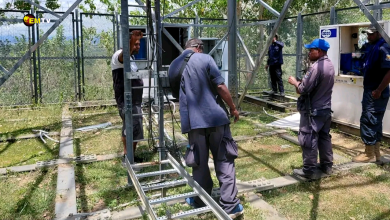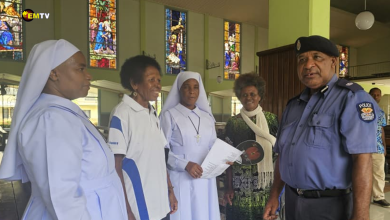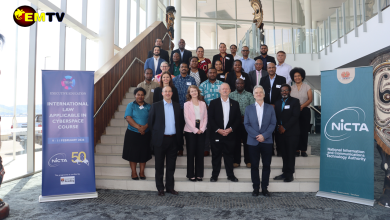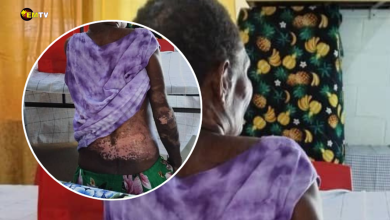Launch of Non-Pneumatic Anti-Shock Garment to Enhance Maternal Health Care
By Annette Kora – EMTV News, Port Moresby
A pilot initiative of the ‘Saving lives, Spreading smiles’ project supported by the Australian Government to improve postpartum hemorrhage management, saw the launch of the Non-pneumatic Anti-Shock garment, or NASG, to enhance maternal health care in PNG.
The Non-pneumatic Anti-Shock garment is a low tech first aid device used to stabilize women who are suffering from severe bleeding and shock.
The launch of this life-saving equipment took place on Tuesday, 12th of March, at the Port Moresby School of Medicine and Health Sciences.
Obstetric Haemorrhage is one of the leading causes of maternal mortality which makes PNG the highest rated in maternal and newborn mortality in the World Health Organization’s record for the Western Pacific Region. The lifetime risk of dying during pregnancy for a woman in PNG is 1 in every 120 women, which amounts to 2,000 women per year.
Emerging technologies are currently being researched and implemented to prevent these unnecessary deaths, and an example of such an innovation, is the Non- pneumatic anti-shock garment. The device helps women survive delays in getting to a hospital and also decreases blood loss, aiding women to recover from the shock and keeps them alive while awaiting treatment.
Minister for Health and HIV, Dr. Puka Temu said the government is focused on reducing the high maternal health and neonatal mortality rates in the country.
The support by the Australian government will enable UNICEF PNG to work with the PNG Government to strengthen local capacity in hospitals and health facilities deliver the packages of maternal and newborn care and empower communities with skills to care at home.
UNICEF in collaboration with the National Department of Health will work directly with the provincial health authorities, the district authorities, church health services and local non- government organizations to roll out the NASG as part of ‘Saving Lives, Spreading Smiles’ project in all 620 health facilities conducting deliveries.






